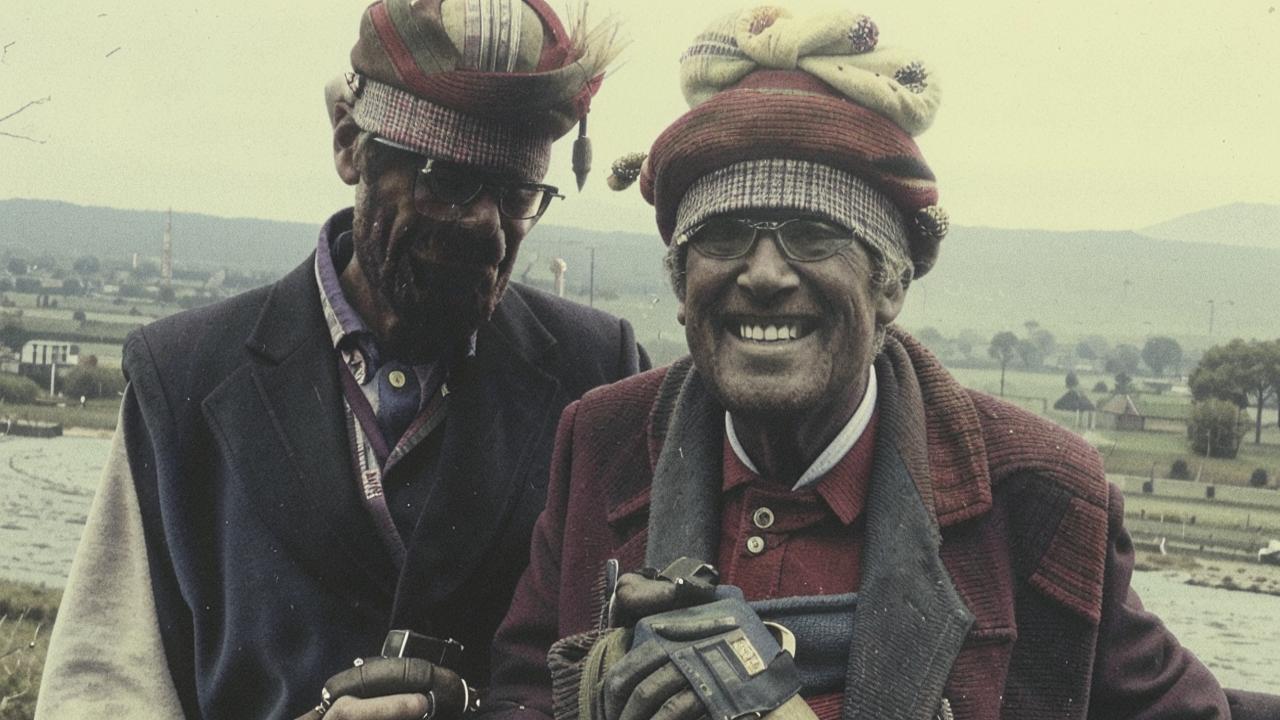Let’s get to the bottom of it with an expert.
Sometimes behaviors and habits are so tightly integrated into the routine that we stop noticing them. Not all habits benefit us, some are important to track down and eliminate to make life easier for ourselves and those around us. Here are six things that everyone will feel better without.

coach, blogger
Not all rituals add benefit and comfort. Some, on the contrary, only complicate things.
Giving advice when it’s not asked for
Certainly you can do this out of good intentions. But you risk appearing in a bad light both to others and to the addressee himself. Everything is quite logical: advising something without a request, you put yourself as if on the position above, and this is a position of power. Not everyone is comfortable being “under”, so other people’s advice can cause aggression.
Besides, by giving advice, you indirectly take responsibility. And if it does not work, it is you who can be blamed for all the troubles. It is for this reason that even psychologists do not give advice, but help you make your own decision. The choice should be left to the person asking.
In addition, there is absolutely no shame in saying that you do not know how to act in a particular situation. Read more about why you should not be ashamed of the phrase “I do not know” in the material at the link.
Justify yourself
Justifications turn you into a victim of circumstances and deprive you of inner strength. You begin to see yourself as someone insignificant, not to mention the fact that you lose the trust of others. The habit of making excuses and apologizing is a form of defense, but this behavior more often than not hurts your motivation and reduces your chances of success.
To stop making excuses, you need to remember that you are responsible for your actions and words. Excuses are of little use. They don’t change anything and don’t help you cope with the situation, but only raise questions about your inner confidence.
Scolding yourself for mistakes
It is very important to learn to forgive yourself for the mistakes you have made. You should draw conclusions from them and move forward, not turn them into a reason for constant self-examination.
Anastasia: Evolutionarily, humans are organized in such a way that they remember negative experiences most vividly. And this is logical, because thousands of years ago, information about what swamp a relative could not cross and what berry is poisonous, helped to survive and was much more useful than memories of a successful hunt or a beautiful sunset. Thanks to evolution: we are descendants of those very “negativists” and “worriers” who had little time to praise themselves, because then it was not necessary for survival.
Make a simple pact with yourself – what happened in the past is there to stay. Sometimes the best outcome is not what you got, but what you were able to learn while you were going for it. A happy and successful life is not lived by someone who doesn’t make mistakes, but by someone who knows how to accumulate experience.
Focus on the result
No matter how much we want to reach the goal, it is important to realize that the result is impossible without the process itself.

To make the path to the goal comfortable and productive, it is worth remembering:
- the process may lead to the result, but the result has never led to the process;
- in order not to make the process aimless, the desired result should always be kept in mind;
- the result is imaginary – until it is obtained;
- there is no contradiction between the result and the process;
- sometimes the appetite really “comes at mealtimes” – and the pleasure of a well-organized process is not inferior to the joy of achieving a goal.
Anastasia: We often succumb to cognitive distortion, thinking: “I will lose 5 kg and be satisfied with myself”, “I will defend my thesis – I will be a worthy person”, “I will get a promotion – I will experience happiness”. But happiness is not in the future, it is already here. And among other things, it is built on the skill to see the positive in small things, to praise yourself for small things and to love yourself for nothing.
Looking for malicious intent
If you are looking for a reason to feel humiliated and insulted, you are sure to find it – life provides them in abundance. In this case, it is important to understand what exactly makes you feel offended? Perhaps it is a childhood trauma or a prolonged state of stress and anxiety.
Don’t. Don’t take things so personally. Don’t look for evil intentions where there are none. Try from today to look for only good things in those around you.
It is important not only to get rid of bad habits, but also to form useful ones. How to do it correctly, read in the article at the link.






